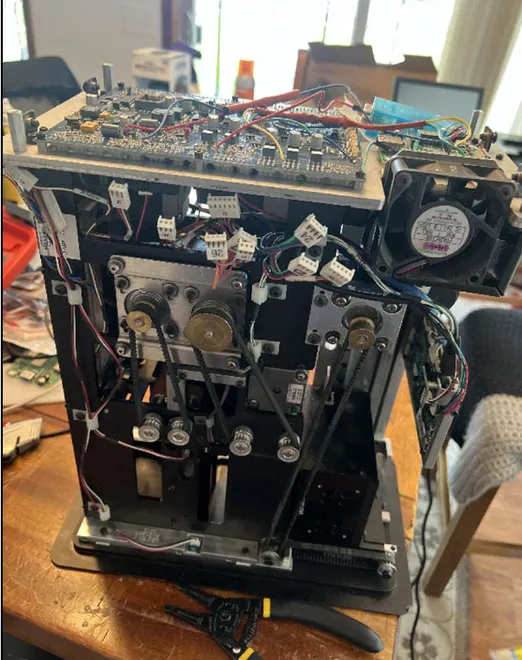By Steve Neavling
Donald Trump’s return to power is expected to halt the prosecution of many who stormed the Capitol on Jan. 6, 2021.
The Justice Department has been working for nearly four years to identify and charge those involved in the attack that disrupted the transfer of power. However, with Trump’s upcoming inauguration, the expansive investigation may come to an abrupt end, Politico reports.
The president-elect has consistently criticized the investigation as political persecution and sought to downplay the violence of the riot.
As of Thursday, the Justice Department reported that more than 1,560 people have been charged, although estimates suggest as many as 2,500 to 3,000 participants could face charges. Under Trump’s leadership, the department is unlikely to pursue new cases. Current prosecutors have a limited two-and-a-half month window before Trump’s inauguration to charge any additional defendants.
Trump’s return could also impact existing cases. He has pledged to pardon many involved, though it is unclear whether this will include those facing severe sentences, such as Enrique Tarrio, who is serving a 22-year term for seditious conspiracy, or those who assaulted police. Trump has indicated he may consider pardons for violent offenders “if they’re innocent.”
With the five-year statute of limitations expiring on Jan. 6, 2026, the Justice Department was already under pressure to identify and charge remaining suspects.
Prosecutors continue to file new charges, including cases brought after Trump’s election victory. This week, a few new defendants were indicted, though a spokesperson for the U.S. Attorney’s Office in Washington, D.C., declined to comment on any immediate changes in approach due to Trump’s return.
Trump aides did not respond to questions about whether he plans to end the Jan. 6 probe immediately or what his criteria for pardons will be. Some defendants are urging Trump to act swiftly.
“We need Trump to make a statement recommending that @TheJusticeDept and DC District Court judges hit the pause button on J6 cases,” defendant Stephen Baker posted on X.
William Pope added, “If Merrick Garland’s DOJ continues pursuing retribution against J6ers all the way up until the inauguration, they know what they can expect in return immediately after the inauguration.”
Some defendants are already asking for delays in their cases, citing the prospect of a pardon. Attorneys for Anna Lichnowski, convicted of misdemeanors earlier this year, requested a sentencing delay, saying: “She is a good candidate for a pardon.”
Another defendant, Jaimee Avery, argued that sentencing her now would create a “gross disparity,” as Trump will face no repercussions.
The Justice Department opposed Lichnowski’s request, emphasizing the need for the “prompt and efficient administration of justice.” Judge Reggie Walton denied the delay, writing that “The potential future exercise of discretionary pardon power … is irrelevant to the court’s obligation to carry out the legal responsibilities of the Judicial Branch.”






